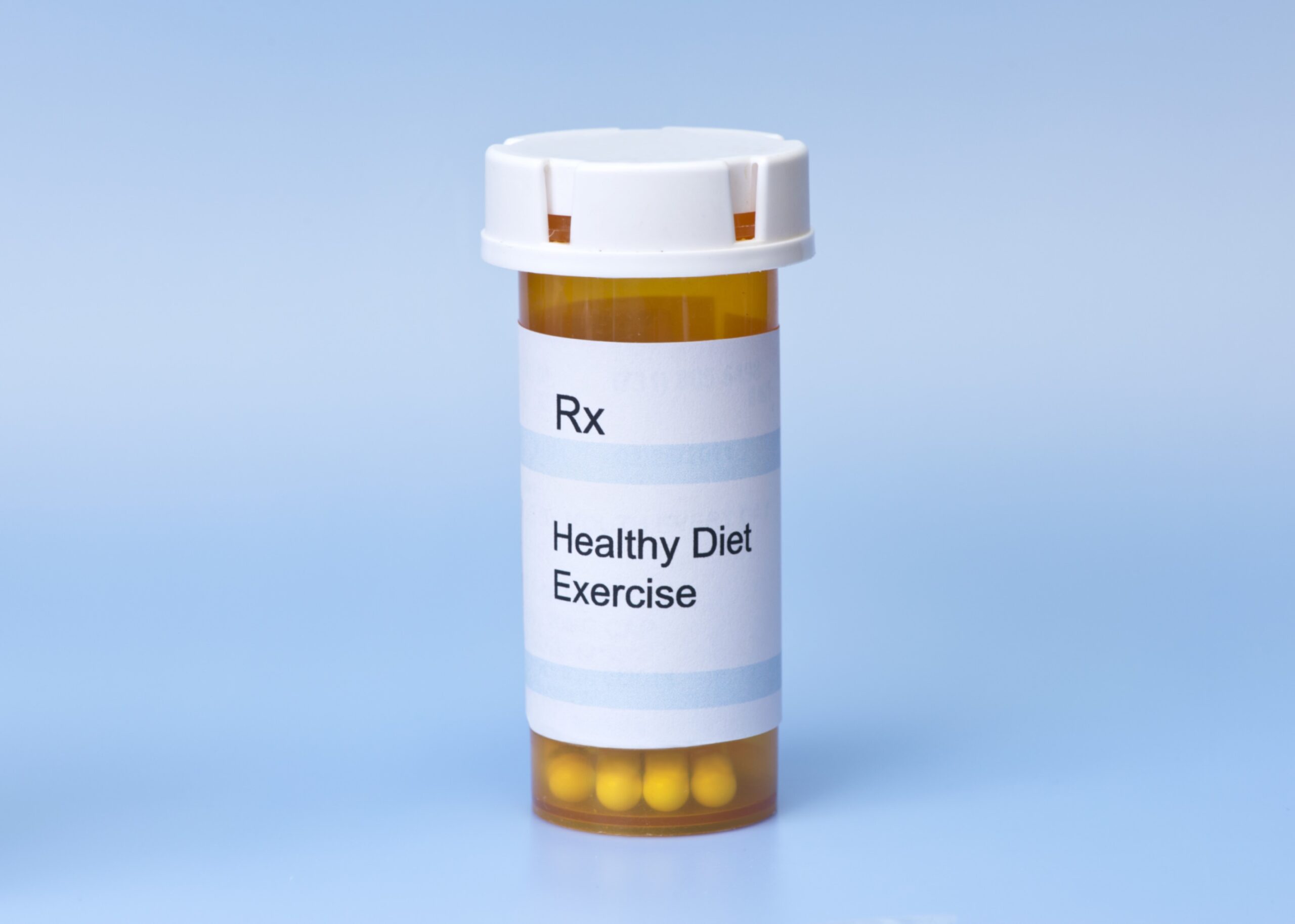During their medical school training, young doctors-to-be learn about medications and drugs in their pharmacology course. During that time, they learn that these compounds have very unique properties especially relating to the human body. I always wondered why a section on exercise was never included in that curriculum. You might say that exercise is not a medicine but I would disagree. Medical dictionaries define medicine as “any drug or remedy.”
Clearly, exercise is a remedy and numerous scientific studies have shown it effective in the prevention and treatment of a wide variety of medical problems from heart disease and diabetes to osteoporosis and depression — and more. Like medicine or drug, exercise results in very specific hormonal, biochemical, and structural changes in the human body. The similarities go much further. There is a dose-response curve which means that there are optimal amounts depending on the desired effect. Too little gives no results — too much, like a medicine overdose, can cause problems. For example, the correct dose of exercise strengthens bone and boosts immunity. Too much can weaken bones and deplete the immune system. Overtraining is also a well-known phenomenon.
All medications have a half-life which is a measure of how rapidly it leaves your system once you stop taking it. If you stop your exercise program, the many positive effects drop off in a fairly rapid fashion in the weeks to months that follow. You need to keep at it. While you can occasionally miss a dose, stopping is not an option — it needs to be a life-long habit. Also, like medication, there are both exercise-related addictions and allergies. It becomes rather clear that exercise is medicine, and it’s an easy pill to swallow.
FitTip:
Whether you are healthy or sick, urge your doctor to prescribe exercise for you and make it part of your overall health plan- it’s never too late.




